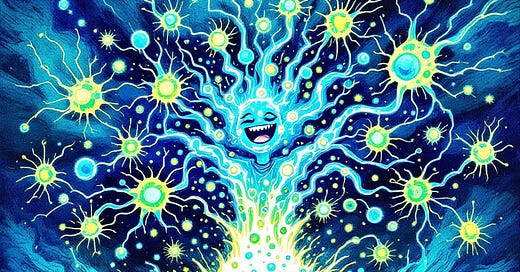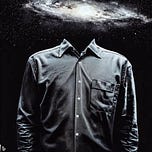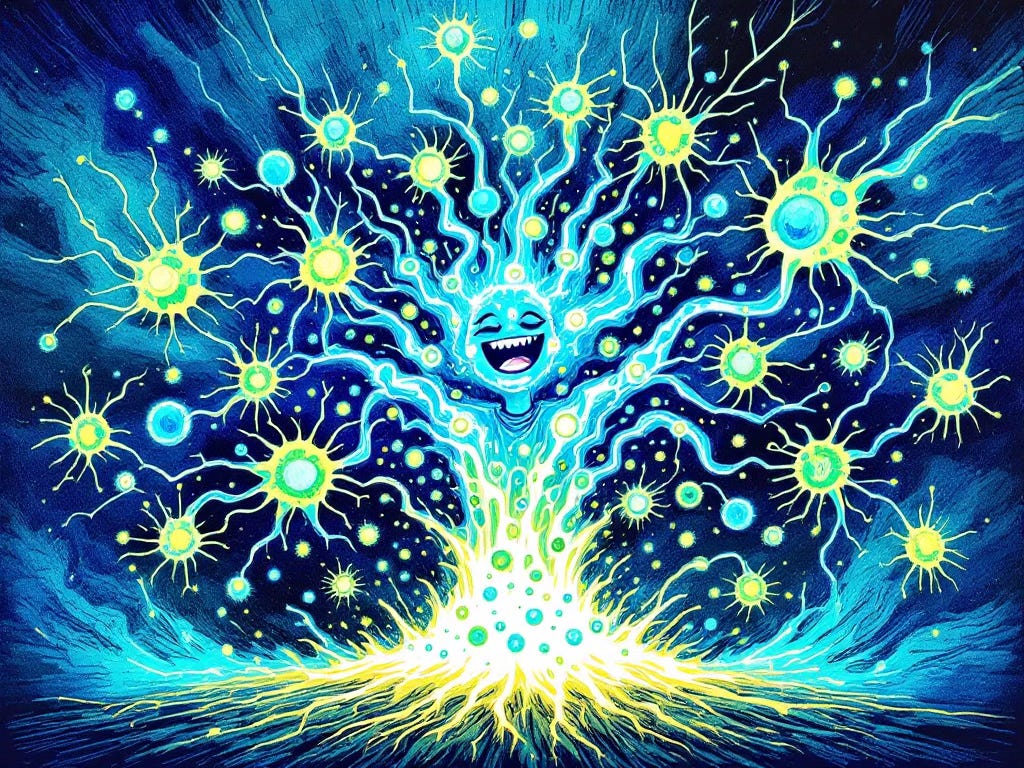18th century philosopher, David Hume’s essay entitled A Treatise Of Human Nature is the topic of today’s deep dive. Hume analyzes the role of memory and ideas in or own perception of the self. For Hume, there is an immediate “impression” we get from our perceptions that are then later recalled into fuzzier “ideas” about what we perceived. Impressions have a greater “force and liveliness” while ideas are “faint images” of impressions.
Being an empiricist, Hume argues that we can find no concrete permanent entity called “the self”. Instead of we have a “bundle” of perceptions which we then connect together in an attempt to understand those events in terms of cause and effect. This forms the idea of the self to explain what happened. He uses the idea of a republic as an analogy for our idea of a self. Just as a republic is the idea of a collection of common persons with similar coordinated behavior, the self is likewise an idea arising from our bundle of perceptions.
This reminds me of the phrase “the united cellular republic” that Douglas Harding uses sometimes as one way to describe what a person is. Tying Hume and Harding’s ideas together, I would say we are a cellular republic which refers to itself as “me”, “myself”, and “I”.











Share this post